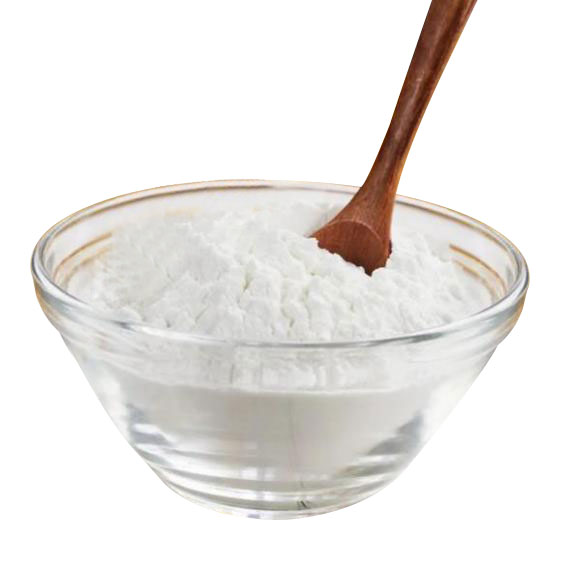Common modifications and uses of modified starch
2023-10-17
Modified starch refers to starch extracted from various plant sources, such as corn, wheat, tapioca, or potatoes, which has undergone physical, chemical, or enzymatic modifications to alter its properties. These modifications are typically carried out to enhance the functional characteristics of starch for specific industrial or food applications. Modified starches are widely used in the food industry, as well as in various non-food applications. Here are some common modifications and uses of modified starch:
Common Modifications of Starch:
1. Physical Modification: Physical modifications involve changing the physical properties of starch without introducing chemical changes. Techniques like heating, cooling, shear force, or freeze-thaw cycles can be used to modify starch. Physical modifications can alter properties such as gelatinization temperature, viscosity, and texture.
2. Chemical Modification: Chemical modifications involve the use of chemicals to alter the structure and properties of starch. Common chemical modifications include esterification, etherification, and cross-linking. Chemical modifications can improve properties like stability, resistance to shear and temperature, and compatibility with other ingredients.
3. Enzymatic Modification: Enzymatic modifications use enzymes to break down or modify the starch molecules. Enzymes like amylase, pullulanase, or cyclodextrin glycosyltransferase are used to create modified starches with specific properties, such as improved thickening or gelling abilities.
Common Uses of Modified Starch:
1. Food Industry:
- Thickening and Stabilizing: Modified starches are used as thickeners and stabilizers in a wide range of food products, including soups, sauces, gravies, dressings, and dairy products.
- Texture Improvement: They are used to enhance the texture of baked goods, frozen desserts, and fillings.
- Gluten-Free Products: Modified starches are often used in gluten-free products to mimic the texture and mouthfeel of gluten-containing counterparts.
- Instant Foods: They are used in instant foods like instant puddings, instant noodles, and instant mashed potatoes.
- Canned Foods: Modified starches improve the texture and appearance of canned fruits and vegetables.
2. Non-Food Applications:
- Paper Industry: Modified starch is used as a surface sizing agent to improve paper strength, printability, and surface smoothness.
- Textile Industry: It is used in textile sizing to increase the strength and reduce breakage of yarns during weaving.
- Pharmaceuticals: Modified starch can be used as a binder, disintegrant, or filler in pharmaceutical tablet formulations.
- Adhesives: In the adhesive industry, modified starches can be used in the production of adhesives for corrugated board, paper bags, and other applications.
- Biodegradable Plastics: Some modified starches are used as a component in biodegradable plastics.
3. Oil Drilling: Modified starches are used in the oil and gas industry as drilling fluids and mud additives to improve viscosity, fluid loss control, and filtration control.
4. Construction: In construction materials, modified starches can be used as additives to improve the workability and bonding properties of cement-based products.
Modified starches are valued for their versatility, and the choice of modification method depends on the intended application and desired properties. In the food industry, they play a crucial role in achieving the desired texture, stability, and sensory attributes in a wide range of food products.



